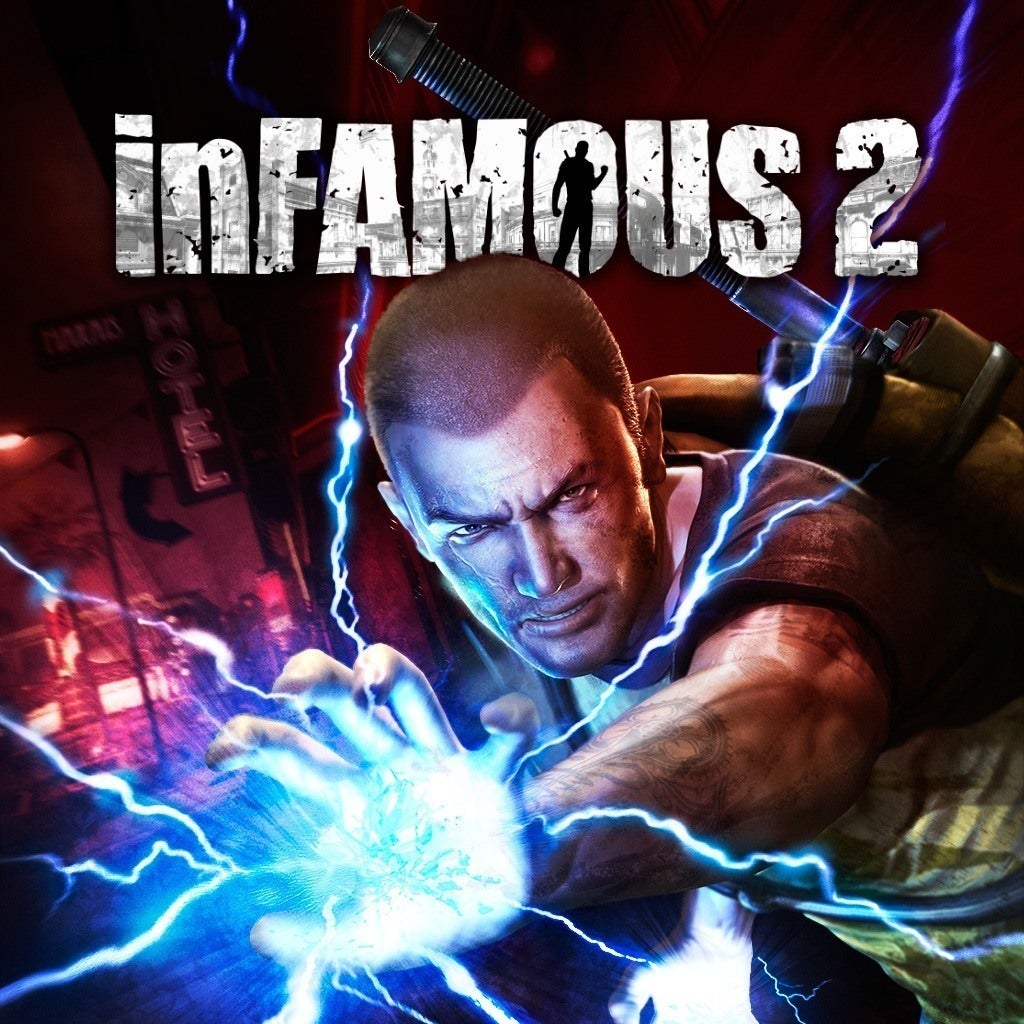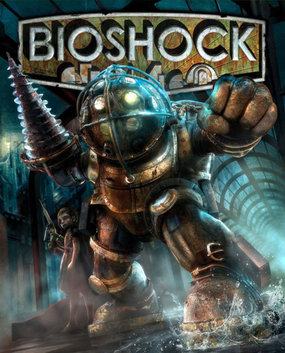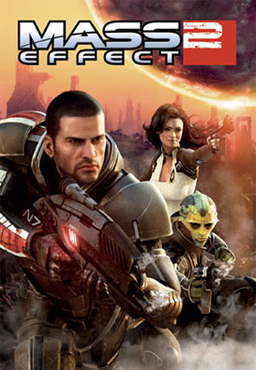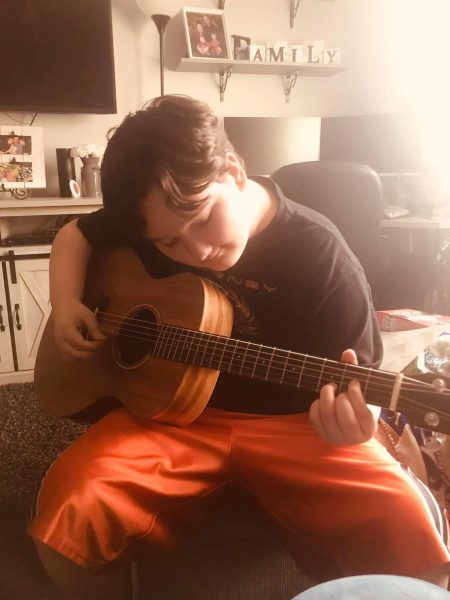After the mediocre death of the pop-punk genre, one of the malignant tumors upon the metal genre that kept this immature style alive was A Day to Remember. However, with their recent release of Big Ole’ Album Vol. 1, they’ve adapted to the metalcore establishment—with a few of their pop-punk flares still intact. But to understand the importance of their songwriting on this record, we must review the album track by track and analyze the songwriting on display. I will rate them one out of five.
Make It Make Sense: 3
Opening the album, “Make It Make Sense” encapsulates the overall elements and sounds used throughout: from the heavier metalcore application to the little accents of pop punk and even deathcore-esque instrumentation. It’s strong, but not as strong compared to the rest of the top half of the album—but still pretty solid.
Feedback: 5
From what I believe was the first released single, they take a bluesy approach here. From the perfectly mixed fuzzy guitar tones to vocals that carry the somewhat energetic melody, along with some simplistic (but effective) screams—it’s just a really strong and stylistic take on the metalcore sound.
Bad Blood: 4
Another in-your-face track, “Bad Blood” tones everything down to a more basic metalcore approach. The only issue is the guitar mixing, which isn’t as poignant compared to the previous track, and even the drums—very underrated in the last mix—don’t pop as much. I think it’s due to the watered-down low-end writing, which ends up being just baseless chugging. But it’s still great and reminds me of the better tracks off You’re Welcome.
All My Friends: 4
This feels very pop-punk with somewhat immature lyric writing. However, since the surrounding songs are more mature, this track ends up showing great craftsmanship instrumentally. It’s basic, but it hits a nostalgic pocket, and has a feel-good theme. I think when you pair simplistic writing with strong instrumentation, you get easily consumed music that doesn’t feel watered down.
To the Death: 3
As we continue, I find the middle part of the album a little too simplistic or just lacking hooks. The mixing is strong, and the writing is fine, but the absence of melody or memorable moments made me wane off the album here.
Flowers: 3
This track is stronger than the last, but still pretty middle of the road. It edges into that immature side of pop punk (or all of pop punk), but has great drum work, and the vocals shine with nice clean parts during the choruses. I feel torn on whether to rate it lower or higher—maybe it’s just me.
LeBron: 4
If this were any other band or album, I’d probably blacklist this track from the review. But since it’s ADTR, and there’s a lot of really great writing here, it wasn’t that bad. I think the juxtaposition between their metalcore and punk sensibilities (even if the punk bar is low) works. I just love it—it’s super fun.
Die for Me: 3
Probably the second-best example of how much this record steps up compared to You’re Welcome. Through a metalcore lens, their well-established pop-punk sound creates a feel-good track with more mature applications—less like a bunch of whiny teenagers. It’s not quite on Bad Blood’s level, but it still slaps.
Miracle: 5
We get to the next single—and it absolutely rocks the socks off the entire album. Between the emotional heaviness and the craftsmanship in the guitar and drum work, this track is an absolute chef’s kiss. I’m in love with it. It sets a framework for their new songwriting direction.
Same Team: 3
This song was alright. It didn’t have the same flare as the previous track. I think it lacked emotion and any hook that grabbed me. But for what it’s worth, the lyrical concept and mixing are solid.
Silence: 5
They really embrace their inner Gojira here, with a colossal heaviness that transcends their typical style. It’s perfectly mixed, with heavy but rhythmic guitars, and the vocals drenched in low-end, reverb-filled growls. It’s still one of my favorite tracks and makes me excited for a new Gojira album.
Closer Than You Think: 3
I thought it was a nice closer. It wasn’t as strong as the more ballad-esque closer from You’re Welcome, but it still hit the spot. The mixing felt a little too polished—almost too perfect—but I digress.
Overall, on first listen, I’m impressed with ADTR and their maturity—not just lyrically but in their craftsmanship. I’m excited to see what Volume 2 brings and how much of this newer approach to songwriting they’ll keep—or build on.

![[Review] A Day To Remember-Big 'Ole Album Vol. 1](https://fohssignal.net/wp-content/uploads/2025/05/4398815-3319300.webp)




![[Review] Bloodywood - Nu Delhi](https://fohssignal.net/wp-content/uploads/2025/05/Nu_Delhi.jpg)
![[Review] Tool - 10,000 Days](https://fohssignal.net/wp-content/uploads/2025/05/10000Days.jpg)
